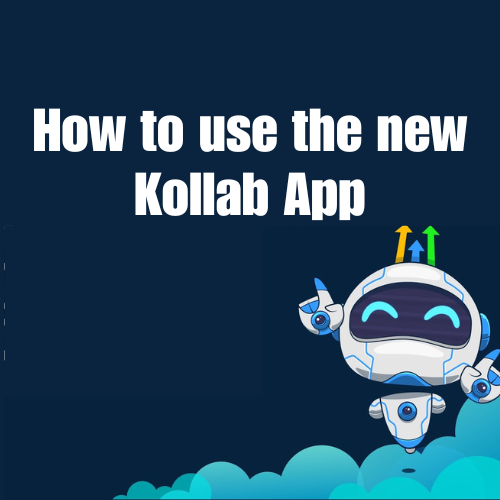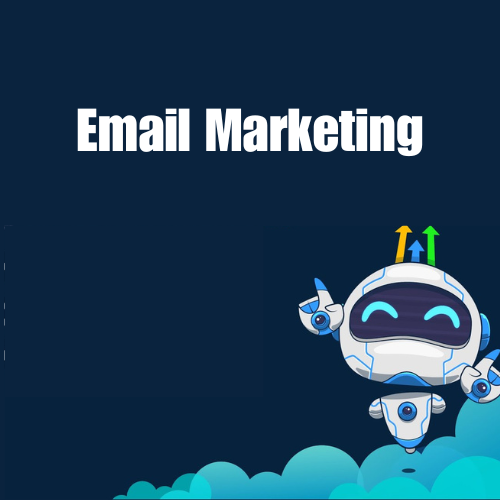**Title: The Importance of Regulating AI and Algorithms in Healthcare**
**Introduction**
In the evolving landscape of healthcare technology, Artificial Intelligence (AI) plays a pivotal role in enhancing patient care and operational efficiency. However, as AI continues to transform this industry, it is essential to consider the regulation of both AI models and non-AI algorithms. This perspective is supported by a recent commentary from experts at institutions like MIT, Equality AI, and Boston University. Their insights shed light on the current regulatory gaps that need addressing to ensure safe and ethical AI usage in healthcare.
**Understanding the Regulatory Gaps**
AI applications in healthcare, from diagnostics to patient management, rely heavily on algorithms. But while AI models often attract regulatory scrutiny, traditional algorithms used in conjunction with AI frequently escape the same level of oversight. This discrepancy can result in unforeseen consequences and biases, affecting decision-making and patient outcomes. Business owners and service providers using CRM platforms like HighLevel, Kajabi, and HubSpot must understand the implications of unregulated algorithms within their systems.
**Why Regulation Matters**
Regulating AI and algorithms is crucial for several reasons. Firstly, it ensures the transparency and accountability of AI systems, fostering trust among healthcare providers and patients. Without proper regulation, AI models might perpetuate existing biases or introduce new ones, compromising the quality of care. Moreover, comprehensive regulation can safeguard sensitive patient data, a critical concern for businesses and consultants working with CRM tools and automation platforms like ClickFunnels and Go High Level.
**The Role of Business Owners and Service Providers**
Business owners, CRM users, and consultants can play a significant role in advocating for and implementing ethical AI and algorithms in their operations. By staying informed about the latest regulatory developments and contributing to discussions around AI ethics, they can help shape industry standards. Furthermore, adopting robust, regulated AI solutions can enhance their service offerings, improve client trust, and ultimately drive business growth.
**Conclusion**
In conclusion, as AI continues to revolutionize healthcare, the need for thoughtful regulation of both AI models and non-AI algorithms becomes increasingly apparent. It is not just the responsibility of governments and large corporations but also of small to medium-sized business owners, service providers, and coaches to be aware of these challenges and advocate for necessary regulatory measures. Ensuring ethical, transparent, and accountable AI systems will lead to improved outcomes and sustainable advancements in healthcare technology.
**Call to Action**
Start your 14-day trial with us and gain access to our learning community. We specialize in building custom AI and automation systems tailored for businesses. Get in touch today to create your bespoke AI and automation solutions, and join the movement towards responsible AI usage in healthcare.


